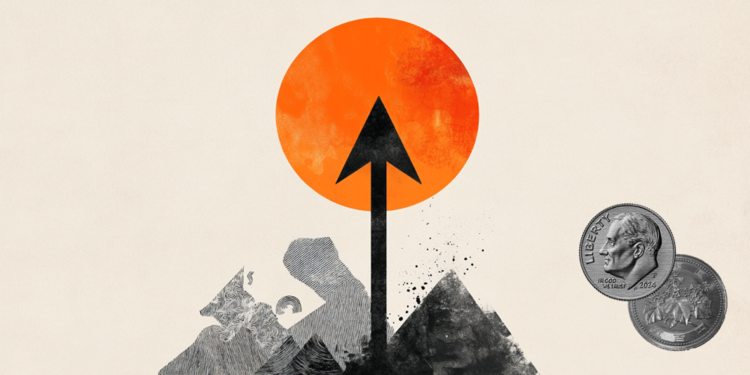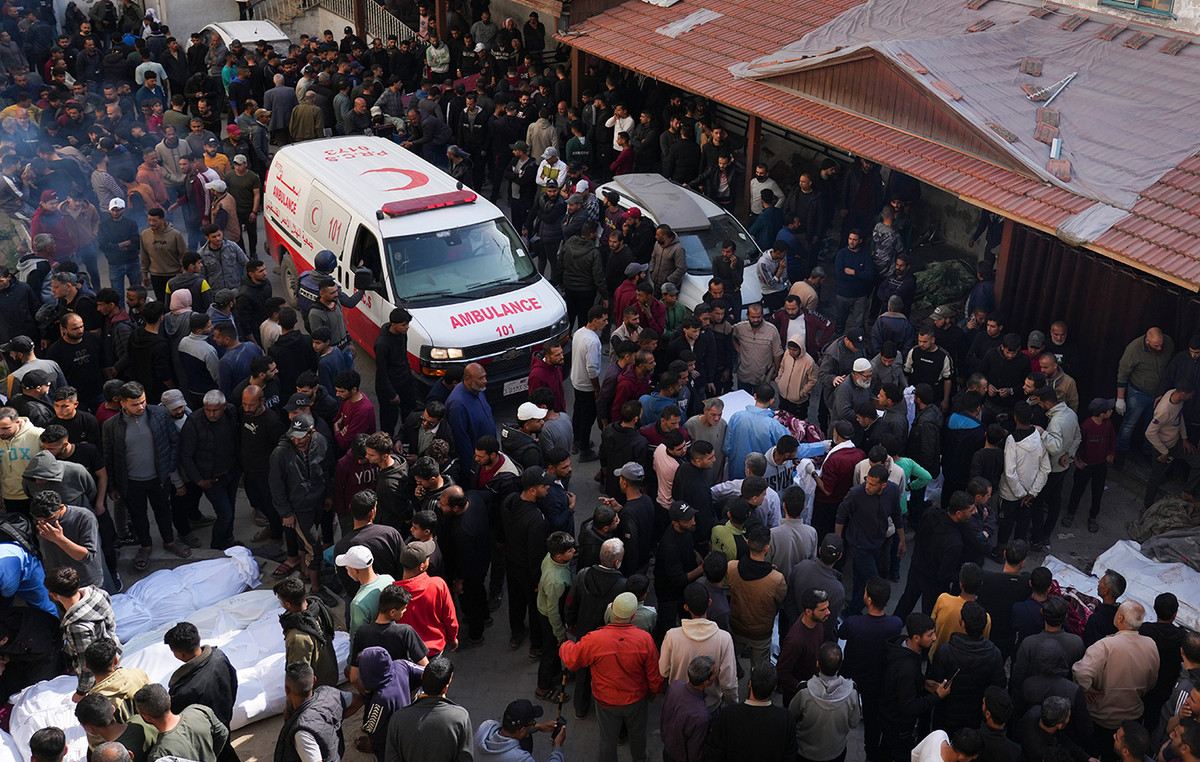Since 1900, November 4th has been known as the Favela Day .
The term appeared for the first time in an official document, in November 4, 1900 , when the delegate of the 10th Circuit and chief of police at the time wrote a document referring to Morro da Providência as a “favela”. Morro da Providência is considered the first community in Brazil, located in the neighborhood of Gamboa, central region of Rio de Janeiro.
Another curiosity is that the name “favela” came about because of a medicinal plant with the same name. The Caatinga faveleira can be found in some places in the states of Bahia, Paraíba, Pernambuco and Piauí. Depending on the region, it is also known as favela-de-cachorro.
The stigma of the term “favela”
Over the years, the word “favela” and the use of the word “favelado” to define its residents have gained a number of pejorative meanings. The term was even a strategy to separate peripheral populations from other regions. Other terms such as “community” and “periphery” emerged as a way of reducing the stigma attached to favelas and making residents more integrated into the city.
“Favela Day is a date to celebrate the power of these places. Show an active favela that develops, that knows what it wants and needs investments to transform its life”, says Gilson Rodrigues, president of G10 Favelas, a non-profit organization formed by blocks of community leaders and entrepreneurs.

Paraisópolis: the second largest favela in São Paulo
To celebrate Favela Day, the second largest in São Paulo, Paraisópolis, holds a special program focused on entrepreneurship with social impact, innovation, diversity and financial education.
The event takes place at the G10 Favelas Social Pavilion, Rua Itamotinga, 100. The highlight is the employability fair and the launch of the digital account service of G10 Bank, a financial institution that aims to be a credit generator in the periphery.
“G10 Bank is an initiative that aims to access credit without bureaucracy for favela entrepreneurs. And now we are advancing one more step by creating our platforms and digital accounts so that workers in Brazil can contact and have access to all services”, completes Gilson.
The program includes a workshop with finance tips, a meeting of G10 Favelas leaders from Brazilian states, community entrepreneurs and CEOs of large companies, and experts who contribute to the development of the country’s favelas.
Source: CNN Brasil







